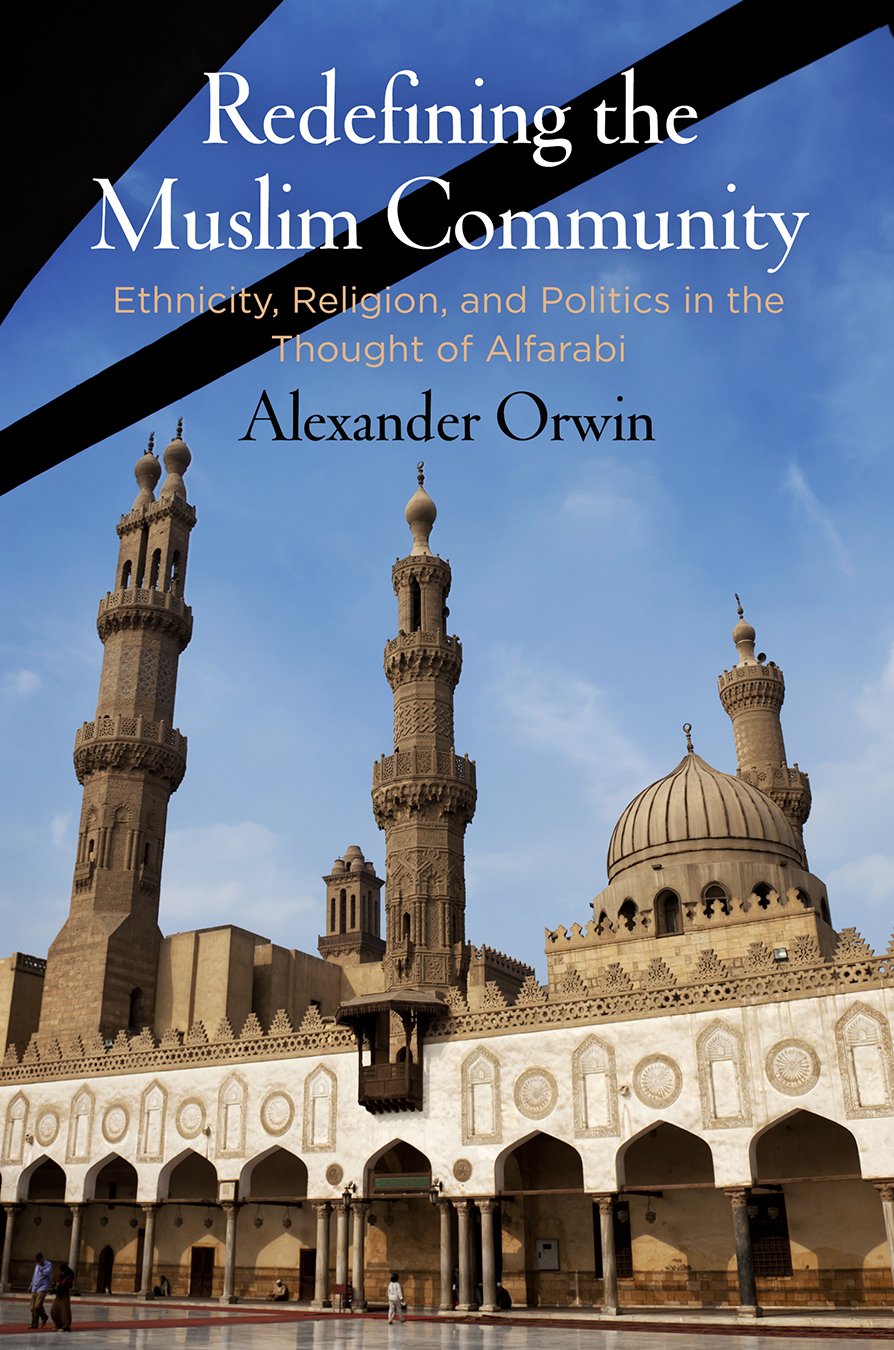

Most ebook files are in PDF format, so you can easily read them using various software such as Foxit Reader or directly on the Google Chrome browser.
Some ebook files are released by publishers in other formats such as .awz, .mobi, .epub, .fb2, etc. You may need to install specific software to read these formats on mobile/PC, such as Calibre.
Please read the tutorial at this link: https://ebookbell.com/faq
We offer FREE conversion to the popular formats you request; however, this may take some time. Therefore, right after payment, please email us, and we will try to provide the service as quickly as possible.
For some exceptional file formats or broken links (if any), please refrain from opening any disputes. Instead, email us first, and we will try to assist within a maximum of 6 hours.
EbookBell Team

4.0
76 reviewsWriting in the cosmopolitan metropolis of Baghdad, Alfarabi (870-950) is unique in the history of premodern political philosophy for his extensive discussion of the nation, or Umma in Arabic. The term Umma may be traced back to the Qur'ān and signifies, then and now, both the Islamic religious community as a whole and the various ethnic nations of which that community is composed, such as the Turks, Persians, and Arabs. Examining Alfarabi's political writings as well as parts of his logical commentaries, his book on music, and other treatises, Alexander Orwin contends that the connections and tensions between ethnic and religious Ummas explored by Alfarabi in his time persist today in the ongoing political and cultural disputes among the various nationalities within Islam.
According to Orwin, Alfarabi strove to recast the Islamic Umma as a community in both a religious and cultural sense, encompassing art and poetry as well as law and piety. By proposing to acknowledge and accommodate diverse Ummas rather than ignoring or suppressing them, Alfarabi anticipated the contemporary concept of "Islamic civilization," which emphasizes culture at least as much as religion. Enlisting language experts, jurists, theologians, artists, and rulers in his philosophic enterprise, Alfarabi argued for a new Umma that would be less rigid and more creative than the Muslim community as it has often been understood, and therefore less inclined to force disparate ethnic and religious communities into a single mold. Redefining the Muslim Community demonstrates how Alfarabi's judicious combination of cultural pluralism, religious flexibility, and political prudence could provide a blueprint for reducing communal strife in a region that continues to be plagued by it today.